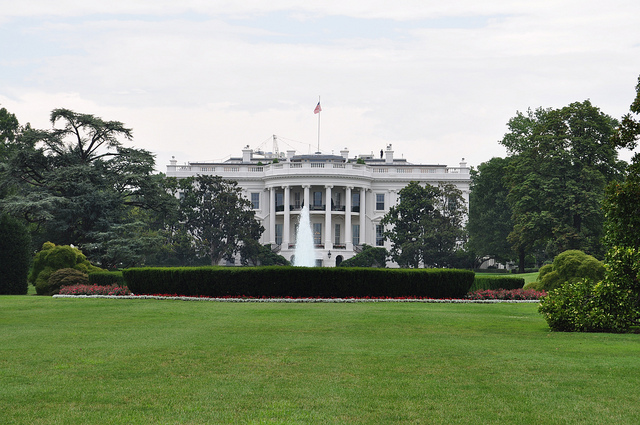
The 20 percent corporate tax rate presented by the Republican tax reform framework would increase average household income by at least $4,000 a year, according to a recent White House study. The study, released by the Council of Economic Advisers, makes a strong case for cutting the corporate tax rate as a way to turbocharge economic growth and boost wages for the middle class.
Our corporate tax rate is the highest in the developed world. At a staggering 35 percent, our corporate tax rate stifles innovation and renders U.S. firms unable to compete in the global market. This insanely high rate has stagnated American wage growth. During the Obama Administration, the real median wage in the U.S. only grew an average of six-tenths of a percent per year. As wages have stagnated for American workers, corporate profits have skyrocketed, topping out at 11 percent per year over the past eight years.
Studies show that there is a direct correlation between the statutory corporate tax rate and wage growth. Countries that have a lower corporate tax rate are more attractive for businesses to invest in. Between 2012 and 2016, the 10 countries in the OECD with the lowest corporate tax rates experienced dramatic wage growth. During that same interval, 10 countries with the highest corporate tax experienced wage stagnation, including the United States.
Cutting the corporate tax rate would alleviate wage stagnation in the long run. The bulk of the wage growth would occur after the corporate tax reform has fully taken hold. Conservative estimates have the average household income with a 20 percent corporate tax rate increasing by $4,000. Optimistic estimates have the average household income increasing by $9,000 in wage and salary income alone.
A 20 percent corporate tax rate would also allow companies to repatriate their U.S. corporate profits. In 2016, U.S. multinationals chose not to bring $299 billion of their foreign-earned income back to the United States because of the prohibitively high corporate tax rate. When a high corporate tax rate discourages U.S firms to repatriate profits, foreign-earned income cannot be used to benefit American workers. Indeed, when U.S. firms invest their capital overseas, the demand for U.S. workers decreases.
Cutting the corporate tax rate is a win-win for workers and businesses alike. U.S. businesses will be more willing to repatriate foreign-earned income, allowing them to invest their capital in American workers. While not usually thought of as beneficial to U.S. workers, cutting the corporate tax rate directly boosts middle class wages. Over the long run, a 20 percent corporate tax would boost middle class wages by at least $4,000 per year. The recent tax reform framework accomplishes this goal.

